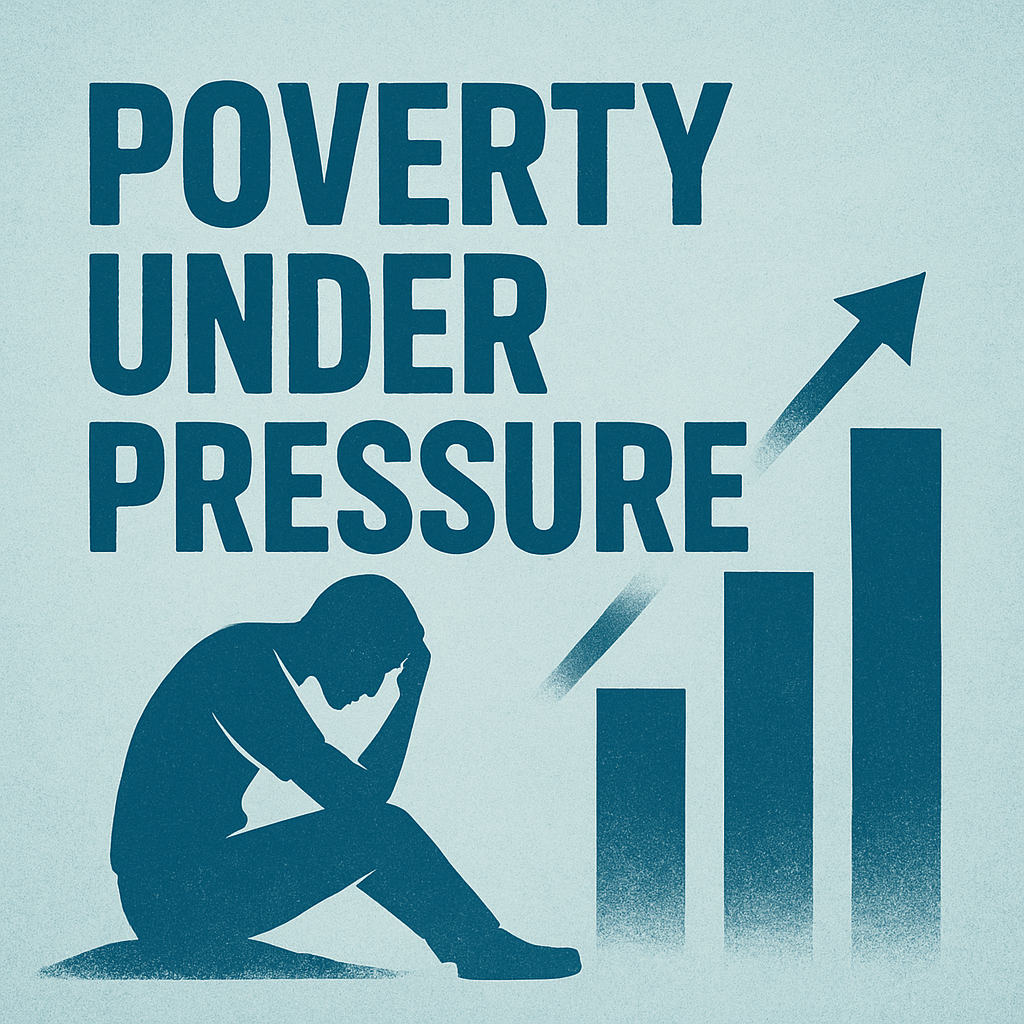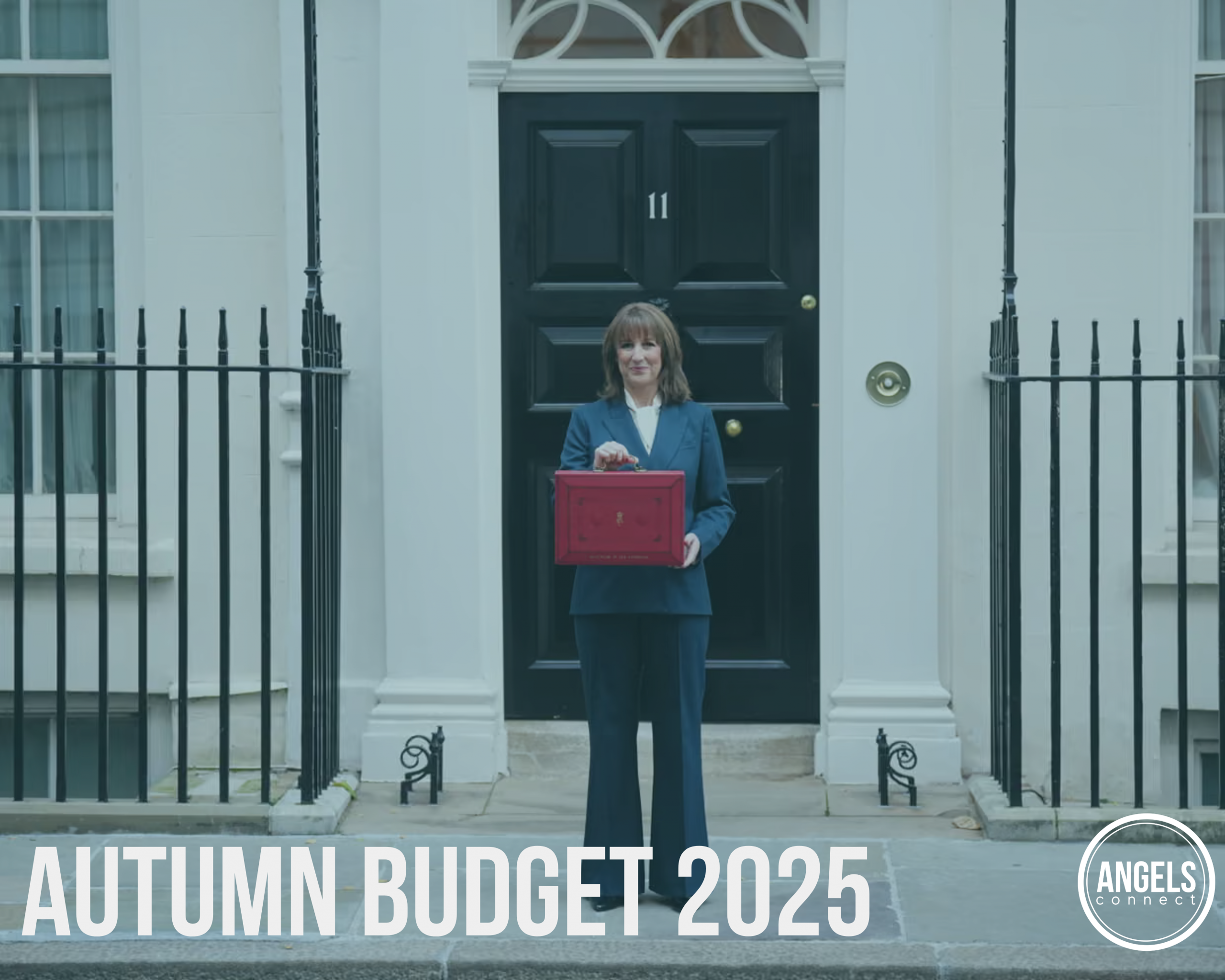
Poverty under Pressure: Welfare Cuts, Child Hardship and Policy Crossroads
The Labour government has unveiled sweeping welfare reforms: £5 billion in cuts to Personal Independence Payment, a freeze on Universal Credit health top‑ups and tighter eligibility rules.
Despite warnings from the Joseph Rowntree Foundation that up to 340,000 people – including 50,000 children – could be plunged into poverty, ministers argue the cuts are fiscally necessary to free up funds for the NHS and defence.
Personal Independence Payment (PIP) cuts would impact around 800,000 claimants, largely those with long-term disabilities or chronic illness; critics say the new rules ignore cumulative challenges by focusing on single activities. This echoes concerns raised by disability advocates, who have not been properly engaged in shaping the reforms.
Child poverty is at record highs: 4.5 million children now live in relative poverty (31%), with hotspots seeing over 45% of children in poverty. Only Scotland has seen a modest decline, thanks to targeted social investment.
Poverty is not evenly distributed: children in Black and Asian families are nearly twice as likely to grow up poor. This is a systemic problem that demands systemic answers.
A new King’s College study highlights “happiness poverty” affecting 7 million adults -signifying how economic hardship is matched by deteriorating well-being. For advice and support providers, this confirms what’s long been felt: poverty is not just financial; it’s emotional and relational.
From September 2026, all children in families on Universal Credit will receive Free School Meals. This is a milestone victory for campaigners – but unless uptake is automatic and schools are supported with infrastructure, it risks falling short of its potential.
Though the government has reinstated a £150 cost‑of‑living payment and expanded Winter Fuel Payment access for pensioners, many argue it is a sticking plaster on a festering wound. The need remains for year-round structural protection – not just seasonal patches.
This is a crossroad moment for policy and people
Politics vs purpose: Starmer’s leadership is being tested not just by the opposition, but by his own party’s conscience.
Inequality by design? Austerity-style cuts wrapped in “modernisation” language are still austerity to those on the receiving end.
Beyond income: As “happiness poverty” reminds us, the human cost of poverty isn’t just financial. It’s a loss of control, community, and confidence.
As an organisation, we would advocate the following three recommendations for urgent action:
- Withdraw and review the PIP reforms with lived experience leadership. Any reform to disability benefits must begin with meaningful co-design with disabled people and their advocates. Reverse the current proposal and initiate a transparent consultation.
- Set a clear Child Poverty Reduction Target. Reinstate a national child poverty target backed by investment, and commit to ending the two-child limit and benefit cap, which disproportionately impact larger and minoritised families.
- Fund local early intervention models like Angels Connect. Projects like Angels Connect demonstrate how trusted community triage and advice partnerships can catch people before crisis hits. Government should adopt and fund this kind of localised, preventative model as a formal part of its poverty strategy.
What to watch | Why it matters |
|---|---|
Labour revolt vote | Will it stick to or dilute welfare reforms? |
Autumn Child Poverty Strategy | Will it include clear goals, resources and accountability? Or just reheated fix‑and‑count policies? |
Wider policy coherence | Are measures like free school meals, mental‑health support, housing policies, and energy payments being joined‑up, and with sufficient scale? |
Poverty in the UK today isn’t just about statistics, it’s about stories. Every cut, delay, or missed benefit creates another crisis moment for someone already carrying too much. The question isn’t just whether reform is necessary. It’s whether it’s just.
And the answers can’t come from Westminster alone. They’ll need to be co-created in communities, where people are already showing what’s possible when dignity leads policy.
We are committed to continuing to work alongside organisations across the UK who share this approach to designing out poverty in the lives of individuals in our communities.



